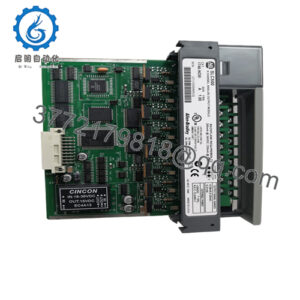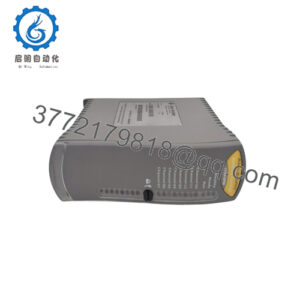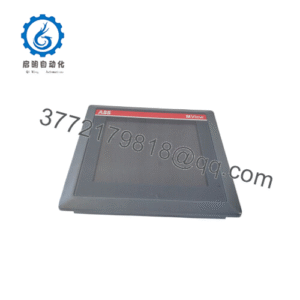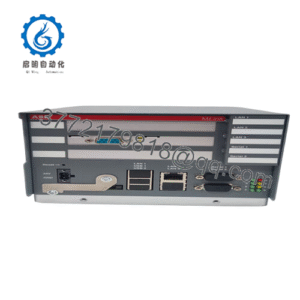Description
The ALSTOM DFI-150-0003 is a specialized Limelight Diagnostic Flame Indicator Circuit Board widely used in industrial automation and power generation applications. Its primary function is to provide high-performance flame detection and diagnostic capabilities, which are critical for maintaining safety and operational efficiency in processes such as gas turbine monitoring, industrial combustion control, and welding or cutting operations. This circuit board plays an essential role in detecting the presence or absence of a flame, sending diagnostic data to control systems for rapid safety interventions.
Functionally, the ALSTOM DFI-150-0003 integrates into power system control panels or gas turbine control units, providing reliable flame detection feedback necessary for automated safety shutdowns or process adjustments. Its robust design supports industrial environments, ensuring accurate flame sensing even in harsh conditions. The board’s diagnostic features help engineers troubleshoot combustion-related issues efficiently, reducing downtime. It is compatible with Alstom’s distributed control systems (DCS) and other industrial automation platforms, enabling seamless integration via hardware and software interfaces.
- DFI-150-0003
The ALSTOM DFI-150-0003 offers long-term reliability with durable construction that withstands thermal and electrical stresses common in industrial settings. The circuit board is typically mounted within control cabinets and designed for quick replacement or maintenance. It supports continuous monitoring to ensure early detection of flame loss or anomalies, which is vital in power plants and manufacturing facilities for safety and regulatory compliance.
In summary, the ALSTOM DFI-150-0003 serves as a critical safety and diagnostic component within industrial flame detection and burner management systems, providing engineers and operators with precise, actionable data to safeguard equipment and personnel. Its wide use in gas turbine and power generation control systems highlights its importance for process safety and operational reliability.
For installation, ensuring proper grounding, cabinet ventilation, and secure connections is essential. Routine maintenance involves checking signal outputs and performing firmware or hardware diagnostics to maintain performance. Warranty and after-sales support typically include factory-backed service and access to technical documentation for configuration and troubleshooting, ensuring confidence in its operational longevity.

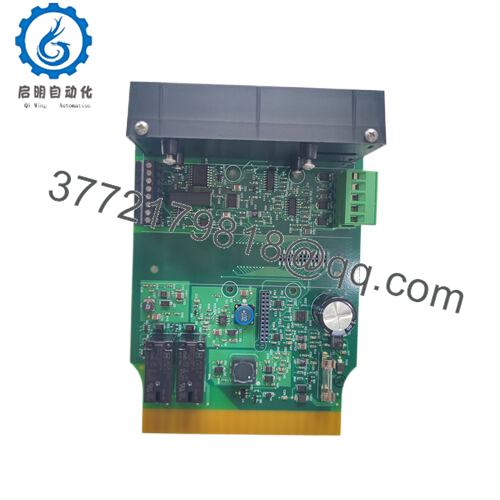
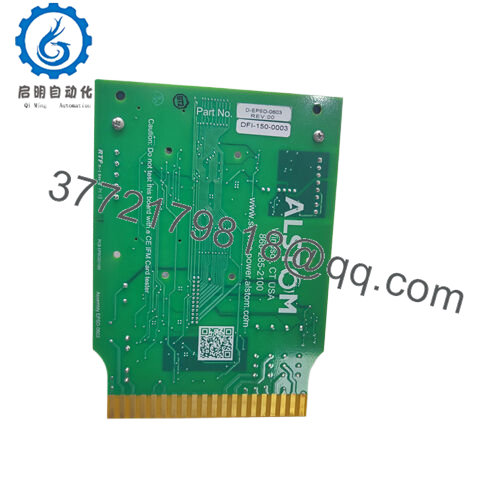
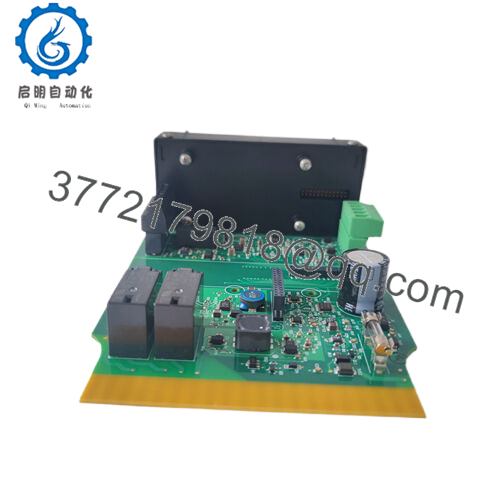
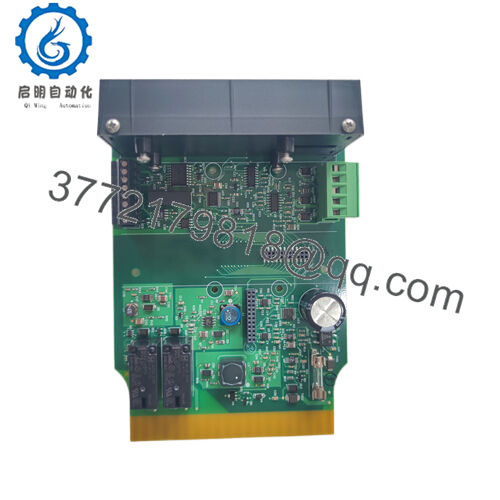
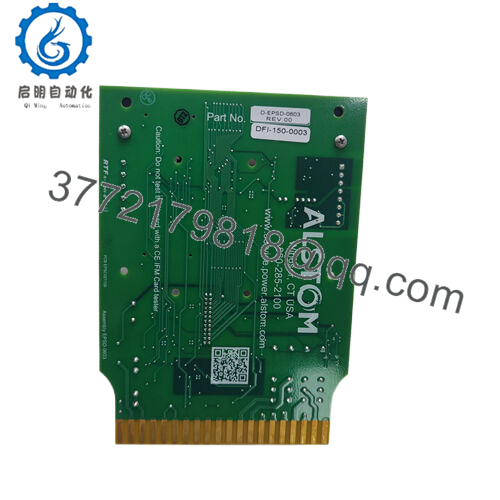
 WhatsApp: +86 16626708626
WhatsApp: +86 16626708626 Email:
Email:  Phone: +86 16626708626
Phone: +86 16626708626